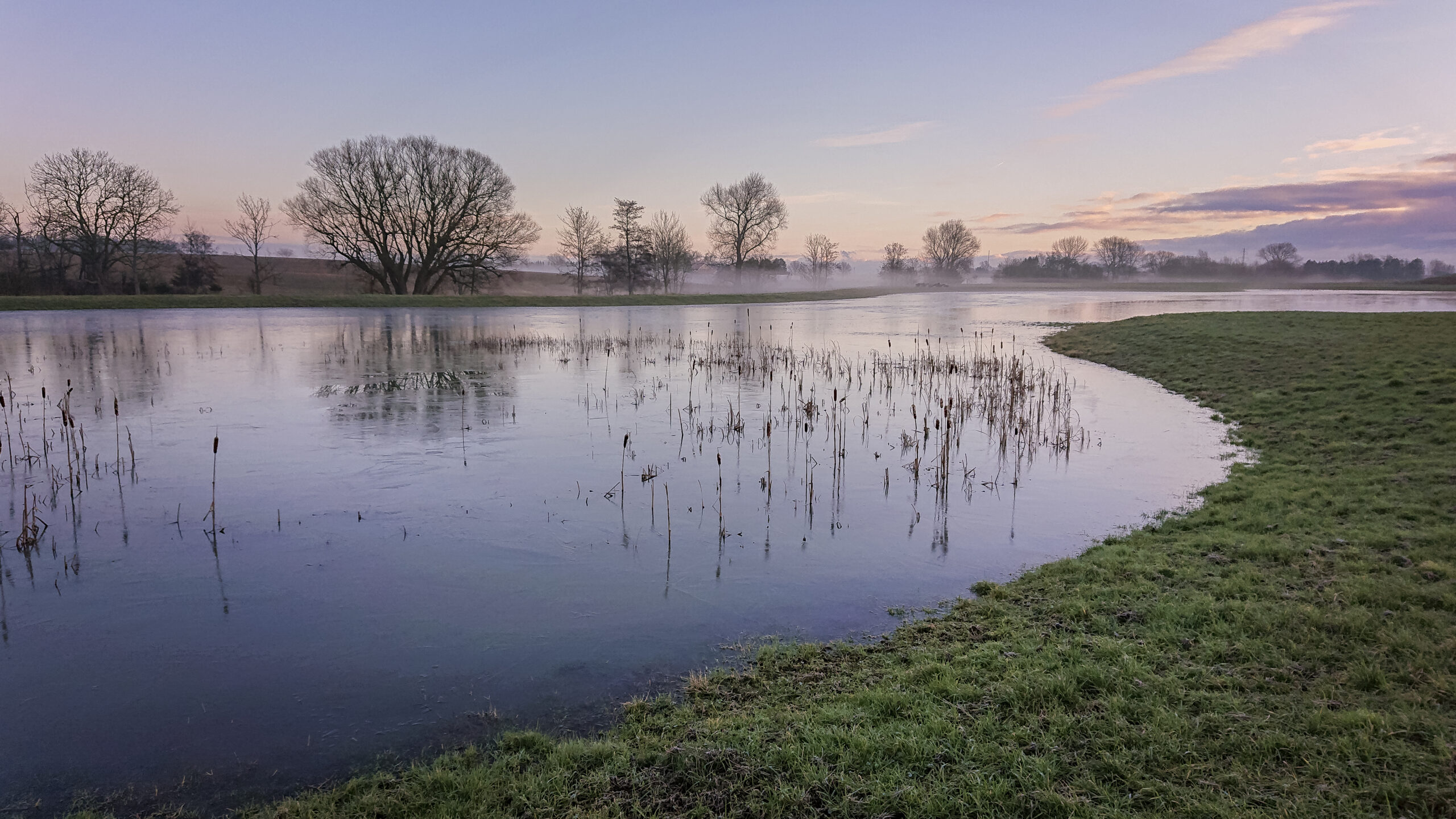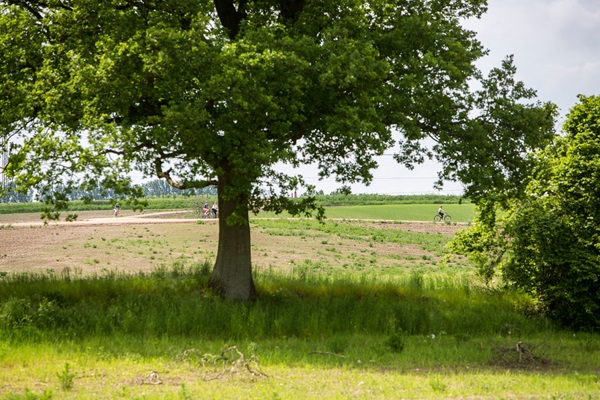News
Coastal protection
Flood prevention
Nature based solutions
+1
COP23 Made Important Progress Towards the Implementation of the Paris Agreement


More than 25,000 participants, including heads of state and ministers, recently returned from this year’s climate summit in Bonn. Early Saturday morning, Parties managed to agree on several elements of the Paris rulebook, leaving a few unresolved issues for next year’s round of negotiations.
-I just returned from COP, where countries made some important progress towards the implementation of the Paris Agreement. That does not mean that we can put an end to our work to combat climate change. We need to continue our work and push countries to move in the same direction, says Minister for Energy, Utilities and Climate Lars Chr. Lilleholt.
-Related news: Copenhagen to Host Global Wind Summit in 2021
Global support for the Paris Agreement
There is strong support for the Paris Agreement from most of the world. In addition to the formal negotiations, civil society was present to show its support. Furthermore, many states and cities have joined in to show their support for the agreement. At COP23 there was a big focus on the role of non-governmental actors, such as cities, companies and civil society, in the green transition.
-One of the important outcomes, from a Danish perspective, is that we achieved clarity regarding the dialogue that will take place next year and which will give us insights on the global status in relation to the targets set out by the Paris Agreement. It is very important to us that we can use this dialogue to inspire Parties to collectively strengthen their efforts, and that we get an opportunity to showcase Danish cost efficient solutions, says Lars Chr. Lilleholt.
Progress was made outside of the plenaries as well. Denmark joined other countries to send a strong message to the rest of the world signalling the end of coal when we joined the Global Alliance to Power Past Coal, in which countries commit themselves to phase out coal by 2030.
-Related news: Denmark Signs Partnership Agreement with German Green Frontrunner
Facts
The outcomes of COP23 included:
-Progress on one of Denmark’s priorities, the ratchet mechanism, which is meant to ensure that we meet the Paris Agreement’s target of 2/1.5oC. Parties succeeded in identifying a range of activities and inputs that will be included in the global stocktake taking place in Poland next year, in which Parties will evaluate the global efforts to combat climate change.
-Clarity on the framework for another Danish priority, the facilitative dialogue, now known as the Talanoa dialogue, which will take stock of the global efforts to combat climate change in 2018. The dialogue has officially begun and will conclude at COP24.
-Two important results from COP23 included the adoption of the Gender Action Plan and the operationalisation of the Local Communities and Indigenous Peoples’ Platform.
-As a result of recent extreme weather events, there was a particular focus on Loss and Damage, and there was agreement that possibilites for support to developing countries should be explored.
-Progress on significant elements of the Paris Agreement’s work programme.
-A number of decisions related to climate finance, including a decision to transfer the Kyoto Protocol’s Adaptation Fund, that supports adaptation in developing countries, to the Paris Agreement.















